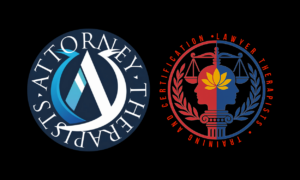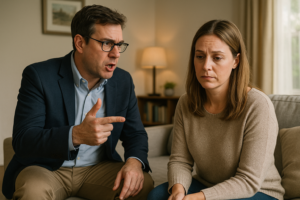Effective communication is the cornerstone of a successful lawyer-client relationship. Clear, consistent, and empathetic interactions foster trust, reduce misunderstandings, and enhance case outcomes. However, maintaining effective communication while managing the inherent stressors of legal practice can challenge even the most experienced attorneys.
Understanding the Barriers to Communication
Attorneys frequently encounter barriers to effective communication, including time constraints, emotionally charged cases, and clients with diverse communication styles. Additionally, attorneys may inadvertently prioritize legal strategy over relational connection, which can hinder mutual understanding. Recognizing these barriers is essential to overcoming them.
Strategies to Improve Communication
Attorneys can adopt several strategies to enhance communication with clients:
-
Active Listening: Engage clients by listening without interruption and reflecting on their concerns to ensure they feel heard and understood.
-
Clear Explanations: Use plain language to explain legal concepts, avoiding jargon that may confuse or alienate clients.
-
Setting Expectations: Establish clear boundaries and timelines to manage client expectations effectively.
-
Consistent Updates: Regularly update clients on case progress to alleviate uncertainty and build trust.
Prioritizing Mental Health
While striving to improve communication, attorneys must also prioritize their own mental health. The emotional labor involved in client interactions can be significant, particularly in high-stakes cases. Incorporating mindfulness techniques, delegating administrative tasks, and seeking peer support can help attorneys maintain their well-being while meeting client needs.
Leveraging Technology
Technology can serve as a valuable tool for enhancing lawyer-client communication. Secure client portals, automated updates, and video conferencing platforms streamline communication while reducing administrative burdens. By leveraging these tools, attorneys can achieve greater efficiency and clarity in their interactions.
Conclusion
Balancing effective communication with mental health preservation is an attainable goal for attorneys. By implementing thoughtful strategies, recognizing barriers, and leveraging technological solutions, legal professionals can foster stronger client relationships while safeguarding their own well-being. At AttorneyTherapists.com, we are dedicated to supporting attorneys in achieving these objectives through tailored resources and guidance.
For additional insights and tools, visit AttorneyTherapists.com.









